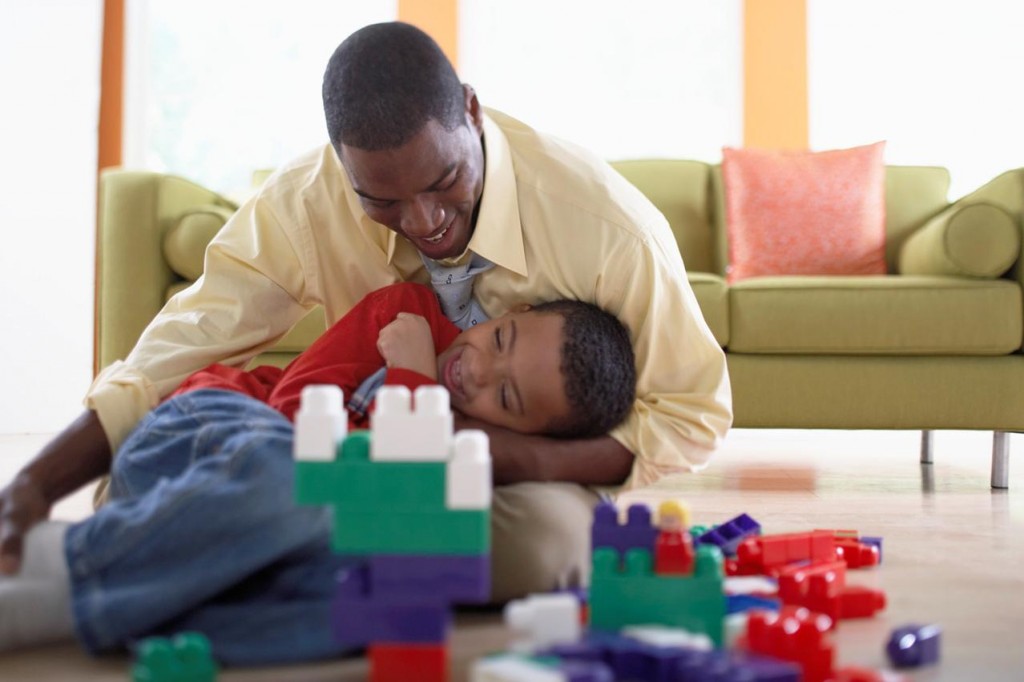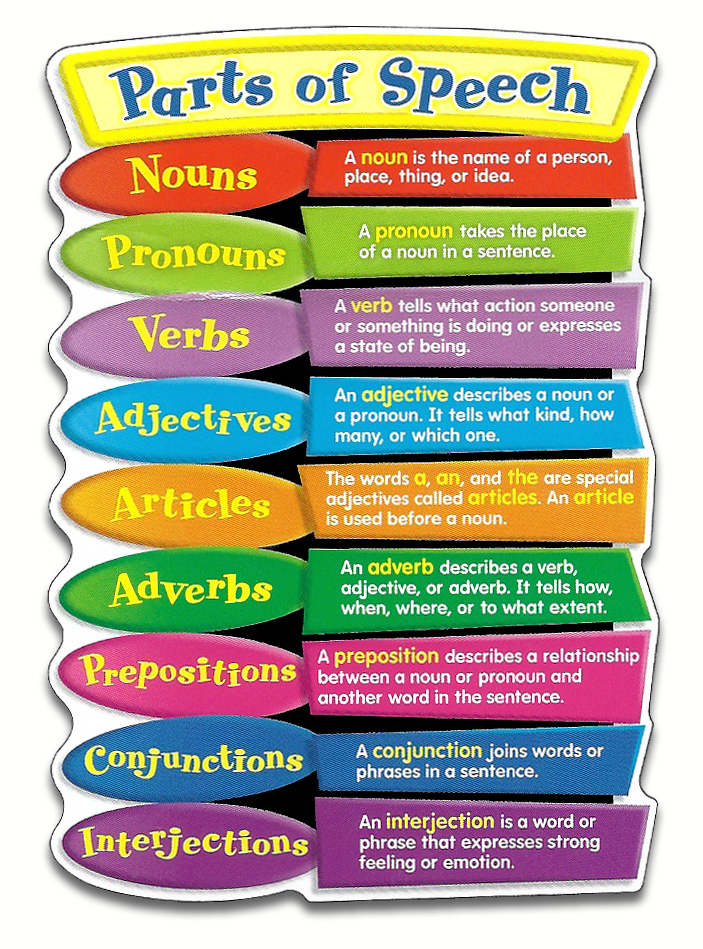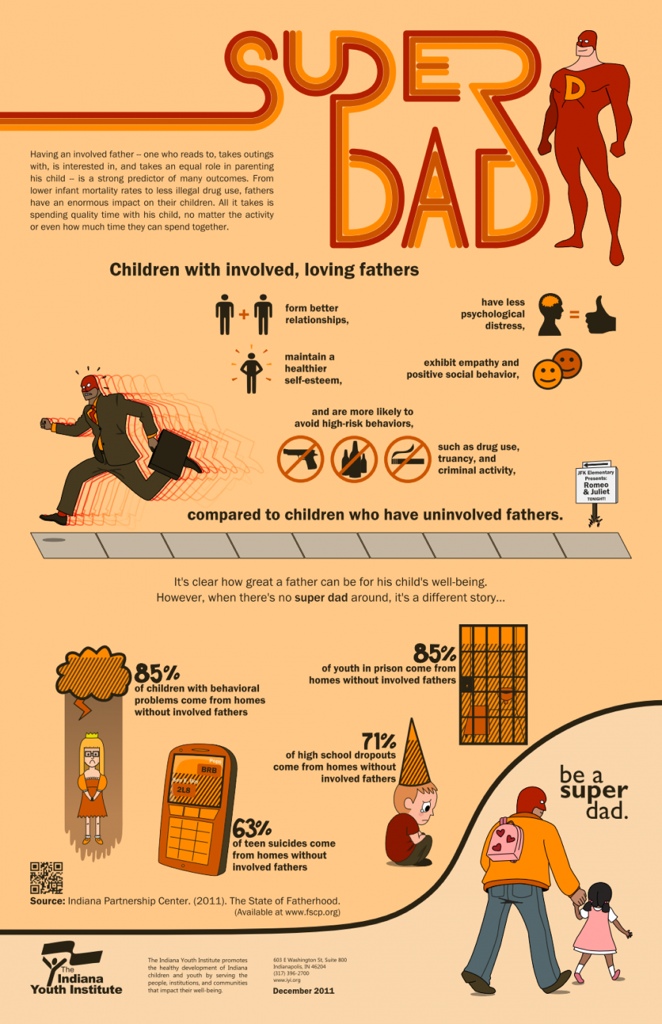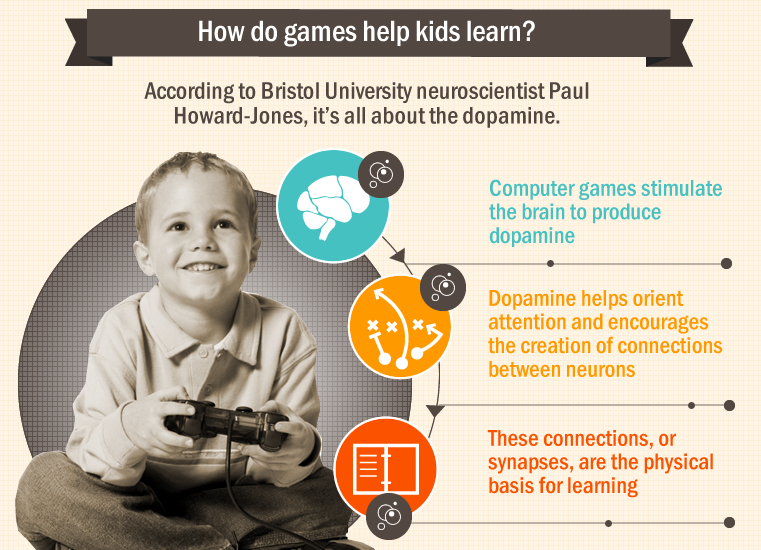At the heart of learning for children you can often find play. Learning to communicate is no exception, and there are toys and techniques that can be used to help build language and speaking skills in children. The toy box can be transformed into a learning toolbox with a few simple additions that target the difference types of learning styles best suited for your child – auditory, tactile, and more. If you’re trying to build communication skills in your child or student, try any of these 8 toys and techniques to develop language, speech, and the foundations for healthy communication. Continue reading
Language Expansion Techniques for Parents to Use At Home
Language Development Speech Therapy Techniques
Parents are the best teachers of language. They have the most opportunities to impact a child’s language development. At-home speech therapy should include several important language expansion techniques that parents and other communication partners should use. While it might feel or sound silly, communication partners should talk aloud to young children, nearly narrating events and actions, even though the child might not respond. Some tips and techniques include:
New Questions About Learning Language: Nouns vs Verbs?
Language Development
Not all words are created equal, especially when learning language. This is why baby’s first word probably isn’t “clap” or “jump.” Not because they’re hard to say exactly, but because they are verbs and according to a new study from researchers at Northwestern University, the acquisition of different parts of speech (nouns or verbs) might be shaped by the language a child is acquiring. Some suggest that infants learn nouns and verbs similarly and their acquisition is universal. Others, however, argue that learning nouns first is a consequence of the specific language a child is learning. Is speech and language development universal? And how does this impact speech therapy across cultures and among bilingual clients?
How Dads Make a Big Difference in Language Development for Kids
Language Development
As a graduate student studying speech therapy, I repeatedly observed the phenomena of “dada” as a child’s first word. All the students in my playgroup seemed to have “dada” down, which inevitably made the moms a little upset. After all, why does dad get first billing? I remember my professor saying it was a common occurrence in her experience because often times, mother’s spend a lot more time talking about dad, “when will daddy be home?” “Look daddy’s here!” and that repeated modeling and talking about dad reinforced the meaning of that word. Even though we can expect the “muh” and “duh” sounds to both be early developing sounds, there is just something special about dads. While mother’s have a significant impact on development – and it has been well established that various maternal characteristics (education) influence vocabulary, it’s also important to examine the role of dads in a child’s development. And as it turns out, their part is very important.
3 Pretend Play Apps that Help Stimulate Language
Language Development Speech Therapy TechniquesWhen you think of your fondest childhood memories, do they involve pretend play? Mine do. Dress up, doctor, grocery store, teacher and beauty parlor to be specific. Child development experts know this isn’t just any childhood activity, pretend play serves a purpose in fostering language skills and cognitive development in children. For children with language disorders, pretend play is a great therapy technique. Today, however, you don’t need a set of dolls and teacups – the great people at Toca Boca have developed a line of pretend play apps. Now you can have a birthday party, tea party, build a robot and style your hair – without all the usual play props. Using your iPad, parents looking to incorporate at-home speech and language therapy activities, should consider using these great apps.





